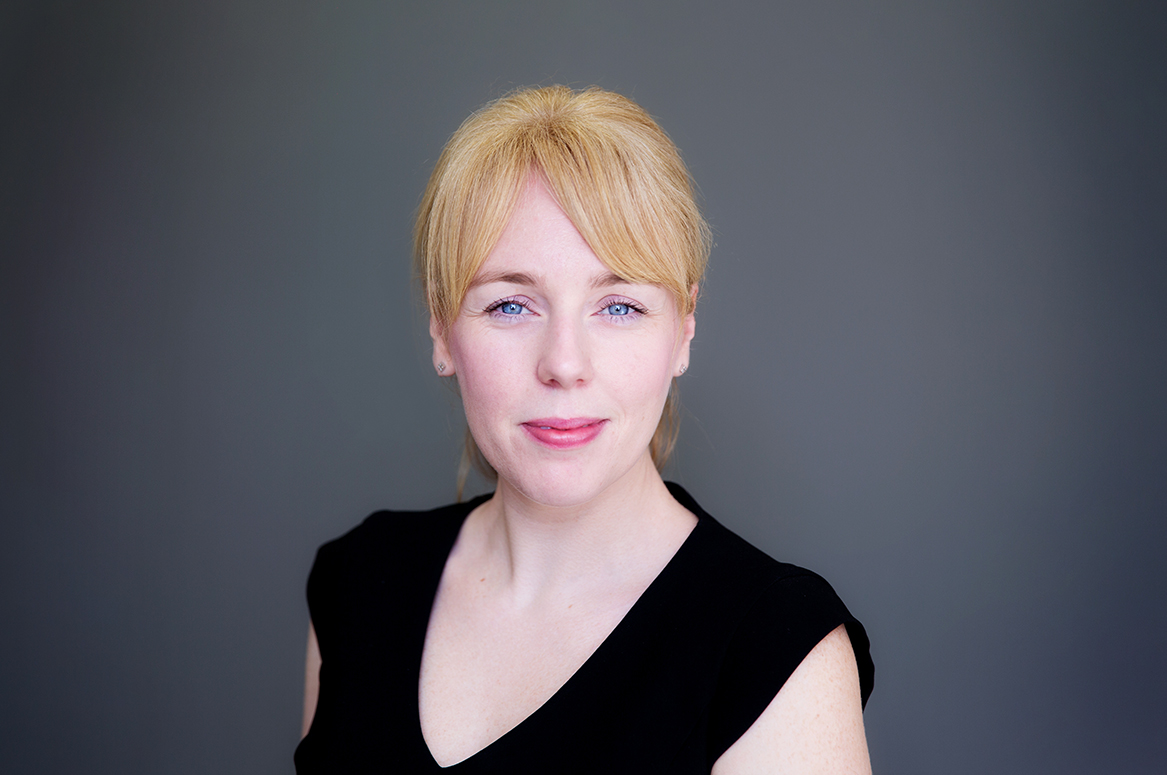Children, ‘Challenge’ And The Family Courts
Published on 06 February, 2024 | Katie Welton-Dillon

One of the fundamental principles of the legal system in England and Wales is that there should be in fair access to justice.
Just over a year ago, the body which represents barristers, the Bar Council, suggested that right was being denied to many.
In a November 2022 report which identified a number of causes for concern, it claimed that family courts – along with their civil and criminal counterparts – were “saddled with troubling backlogs, all of which need urgent attention” (https://www.barcouncil.org.uk/static/88a28ac3-5866-4d73-99ecb9b05c03c815/2beb064f-0c2c-4408-aa037090e489c45e/Bar-Council-Access-denied-November-2022.pdf#:~:text=A%20fair%20and%20just%20society,in%20our%20justice%20system%20today).
Since that document was published, little appears to have changed.
The Ministry of Justice (MoJ) latest figures showing how the volume of cases with which family courts are having to contend has increased over time (https://www.gov.uk/government/statistics/family-court-statistics-quarterly-july-to-september-2023/family-court-statistics-quarterly-july-to-september-2023#children-act—private-law).
Family courts, for instance, found themselves dealing with more than 1,000 new private law applications relating to children on average each week during 2022.
Such an intensely high workload has more than merely statistical consequences.
The Children and Family Court Advisory and Support Service – or Cafcass, as it’s more commonly known – represents the interests of children in family court cases.
It has a role at the outset of every case about children, for example undertaking checks as to whether a family is known to police or local authorities. Its role thereafter is determined by the family court.
Cafcass is often appointed to assess the central issues in any proceedings and can include direct discussions with the children involved.
In December, it issued its latest annual report (https://www.cafcass.gov.uk/sites/default/files/2023-12/Cafcass%20ARA%202022-23%20FINAL.pdf).
Having given due credit to colleagues for their “unwavering commitment to children and the family courts”, the organisation’s Chief Executive, Jacky Tiotto, and Chair, Sally Cheshire, admitted that the previous 12 months had been “challenging”.
Cafcass, they explained, was acting on behalf of 53,463 children in the 32,904 cases still unresolved by the end of the last financial year.
The situation was partly due to private law children’s cases taking, according to the MoJ, 45 weeks from an initial application before a final order was made – 42 per cent longer than a decade ago.
For Cafcass officers, delay has meant “resilience and commitment are [being] tested to their extremes”.
Cafcass staff recognise only too well that delay can have “significant” impacts for the children whose views they express.
Trying to find a solution naturally invites questions about why cases are taking longer.
It is true that further MoJ figures show that the number of applications for Specific Issue Orders – which are sought when parents can’t agree on a range of topics including where a child should live, be schooled, go on holiday or its medical treatment – has increased by almost 78 per in 10 years.
Themes such as domestic abuse and allegations of how mental health affects parenting arrangements have, in our experience, have made children’s proceedings much more complex – and, therefore, often longer – in recent years.
That is evidenced by the fact that applications for domestic violence protective orders have themselves gone up by 79 per cent in the last decade.
The aim of a court order, I should stress, is to put an end to a particular dispute so that everyone involved can move on with their lives.
When cases take longer to conclude, however, the uncertainty which can be generated is all the greater.
It is vital that anyone contemplating this kind of litigation should bear all of that in mind.
There are, I should point out, alternatives to court.
Only in the last couple of weeks, one of my colleagues, Sarah Manning, has written about rule changes to encourage more parents to explore the merits of mediation (https://hallbrown.co.uk/mediation-and-the-family-court-new-rules-to-spur-non-court-resolution/).
Court should be something of a last resort but, even if it is felt to be unavoidable, there are still ways of reducing the delays which can arise.
It is possible to have the court approve the use of independent social workers to do work similar to that which Cafcass is exposed with such frequency.
They must be paid for by clients but – much like the use of arbitration to reach a settlement about the division of joint marital assets on divorce – offer expediency as well as resolution.
Arguably even more fundamental is the need to get professional advice as soon as problems surface.
Having a clear idea about what you can or should do at the outset can avoid delay, difficulties and damage to relationships with children which carries untold risks long into the future.